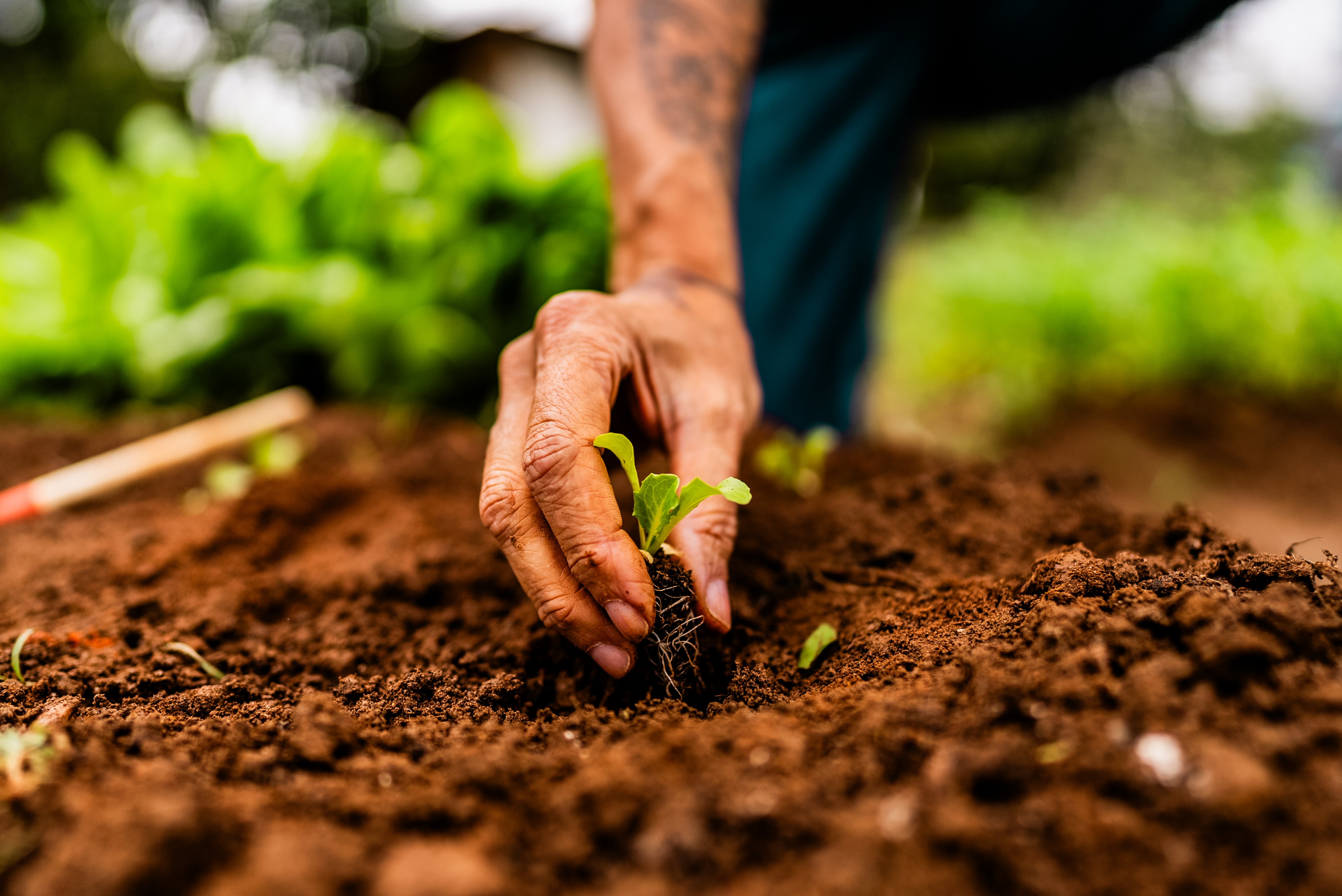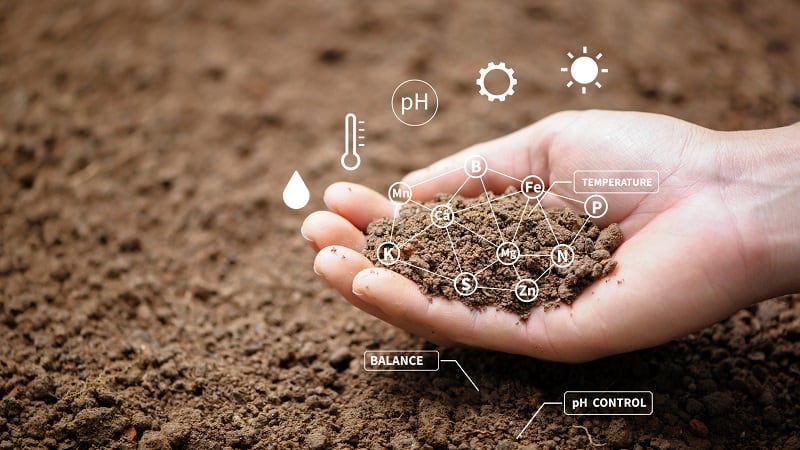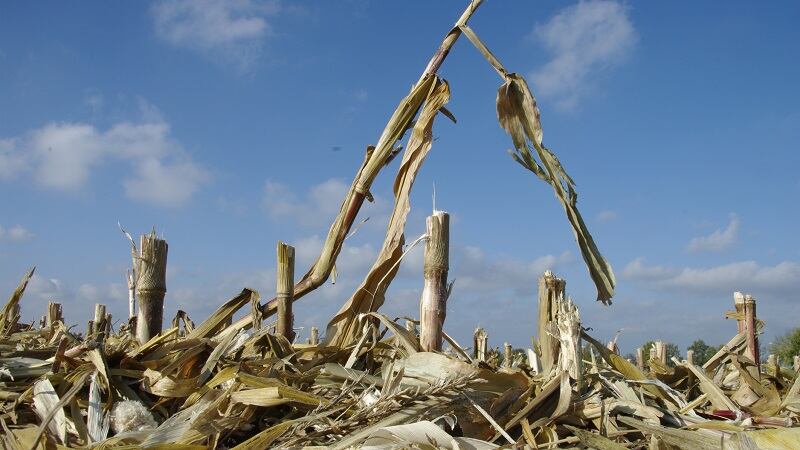Co-founded by Avika Narula and Abhi Agarwal, Living Roots specialise in high-performance bio-fertilisers made from waste product that were designed to replace chemical inputs entirely.
To support its expansion, the Thailand-based company has recently raised capital from Epic Angels.
Following this funding, the company is working toward its seed round to fuel its fast-growing business.
“At the moment, we have 15 pilots at the same time. We’ve had a lot more customer demand than we thought we would have, that’s why we had to do a bridge round. It’s really cool to see so many companies interested in regenerative ag and see the actual demand from SEA,” Agarwal told AgTechNavigator.
Agarwal said that the demand for its biofertilisers is being driven by the business owners, and their interest is not just profit driven.
“Across the board, what we’re seeing is that it’s the owners who are interested. They are predicting 30 to 40 per cent yield drops in the next two to three decades because of climate change, so they want their farmer bases to be secure in the longer run,” said Agarwal.
At the same time, businesses are seeing how conventional fertilisers produce lower-quality crops, which in turn impact their entire supply chain.
“Solutions like biofertilisers help farmers produce better crops, making it easier for businesses. They also require less land, which is important because acquiring more land often means deforestation. Making land more efficient benefits everyone,” said Agarwal.
He added that the business owners it has worked with are looking for solutions that can enhance the livelihoods of the farmers they engage.
“In my experience, business owners don’t like to see their farmers struggle – it just doesn’t feel right for them. They want farmers to have a strong supply of raw resources from the start and avoid being in debt or earning very little.”
Towards the 10,000 hectare milestone
Recently, Living Roots partnered with a Thai dairy company to trial its products to grow corn for silage, which showed 50 per cent yield improvement in corn silage production compared to conventional fertiliser.
“One of the big issues for dairy is the very high use of synthetic fertilisers which they use to produce silage, and it’s actually really harmful for the cow as well because they get bloated. With our solution, they found 50 per cent improvement in yield. This has also led to more milk and has made their entire process more efficient,” said Agarwal.
The success of this trial has led to longer partnership, which will expand next year to 4,000 hectares.
“With this, we will be able to reduce the use of conventional fertilisers by 60% to 70%. That’s a lot of savings for the land, for the consumer, and it’s a better product,” said Agarwal.
Furthermore, this partnership will give the company opportunities to expand to Indonesia, where the dairy firm also operates.
With this project extension, the firm will scale to serving over 10,000 hectares of land in total.





